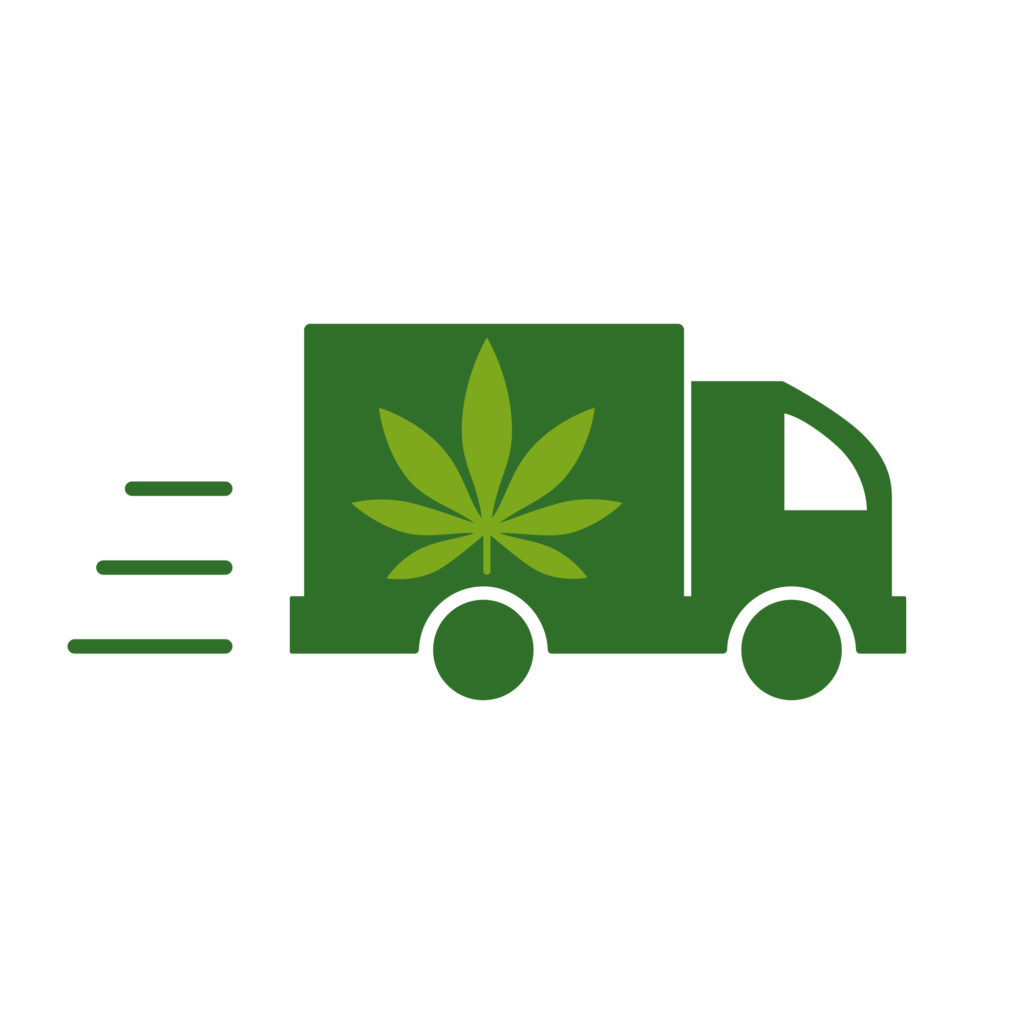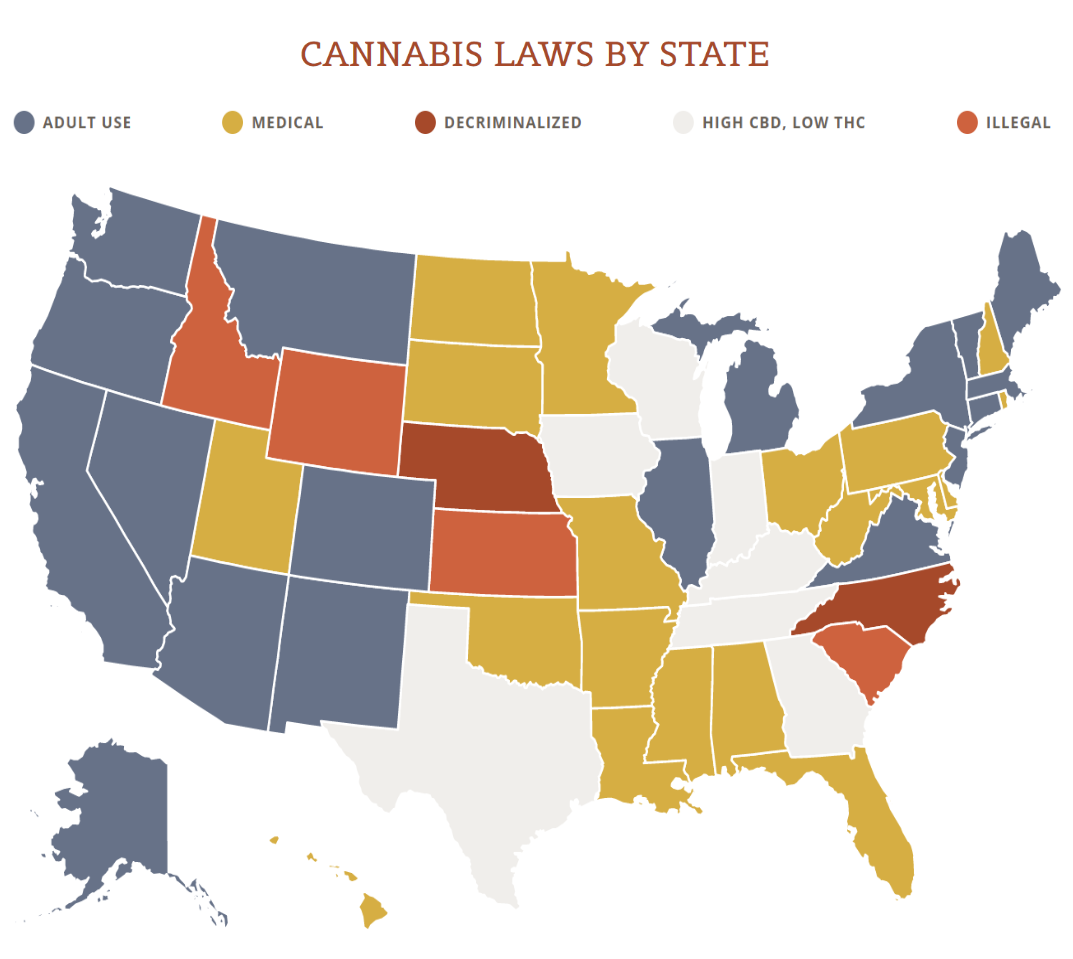As we previously broadly summarized on December 27, 2022 (here), in late December 2022, the Office of Cannabis Management (“OCM”) released its first proposed adult-use cannabis rules and regulation for New York (the “Proposed Regulations”). The official document is 282 pages, so we won’t cover every detail. But we will highlight the big-ticket items, significant issues that all applicants should be aware of, and the license application process as a whole. Also, keep in mind that the Proposed Regulations are still pending as OCM receives the final public comments to the Proposed Regulations.
One of the more nuanced portions of the Proposed Regulations relates to those applying for a distribution (or distributor) license and the do’s and don’ts once awarded a distribution license. First and foremost, a cultivator that has a processor license may apply for and obtain one distributor license. Additionally, those holding a conditional cultivation license shall be given priority by the OCM in review of its application for a distributor license.
View the US Map of Marijuana Legality
New York cannabis distribution license – the do’s
Let’s start with some of the do’s for those holding a distributor license. The most obvious is that a distributor may acquire cannabis products from any duly licensed processor, possess said cannabis, and subsequently distribute and sell those cannabis products. A distributor may sell cannabis products to (1) another duly licensed adult-use distributor, or (2) to a retail dispensary, which may include a Registered Organization with Dispensing (“ROD”) or on-site consumption premises.
A distributor or its true party of interest may be a true party of interest in a cultivator, processor, cooperative, microbusiness. Additionally, a distributor or its true party of interest may be a landlord, financier, or a goods and services provider to a cultivator, processor, distributor, cooperative, or microbusiness, subject to all restrictions governing such relationships, including, but not limited to, undue influence, control and true party of interest requirements.
New York cannabis distribution license – the don’ts
Some of the don’ts may be obvious but others are more nuanced, which will likely be fleshed out in the update to the Proposed Regulations.
Under no circumstances may a distributor sell cannabis products to a distributor that also holds a cultivation or processing license. No distributor or its true party of interest is permitted to have any direct or indirect interest in a retail dispensary, on-site consumption, delivery, or cannabis laboratory licensee or permittee. A distributor cannot accept, sell, transfer, distribute, or agree to sell, transfer or distribute, any cannabis product unless it is in a retail package and any unlabeled or untested cannabis product in the possession of a distributor shall be deemed illicit cannabis and may be subject to penalties or sanctions including, but not limited to, cancellation, suspension, or revocation of a license and imposition of fees, civil penalties and any other penalty.
Lastly, no distributor shall receive any gifts, discounts, loans, rebates, royalties, free cannabis of any kind, preferential shelf or display space or treats or services of any nature. This is not an exhaustive list and I anticipate more being added or refined once the updated Proposed Regulations are circulated.
Conclusion
For anyone considering applying for an adult-use license, we reiterate our recommendation of hiring an experienced, local cannabis attorney. At a minimum, understanding the overall framework of the licenses and the licensing process is a precursor to an in-depth consultation on a license application.
Stay tuned for future posts in this series, as well as coverage of New York cannabis generally.

























